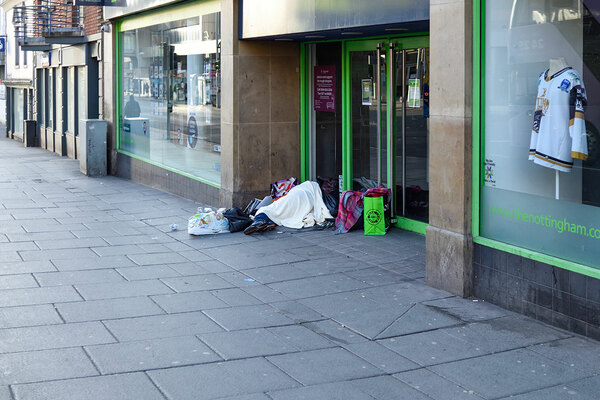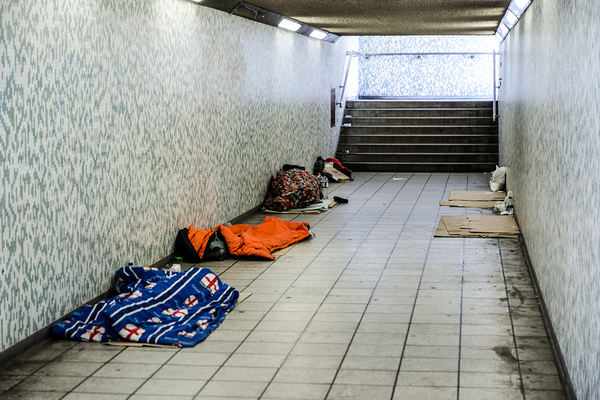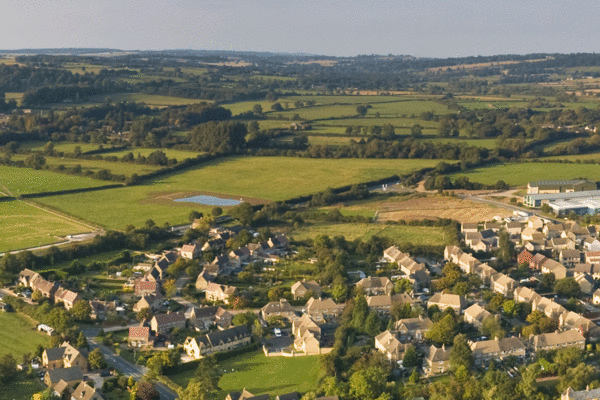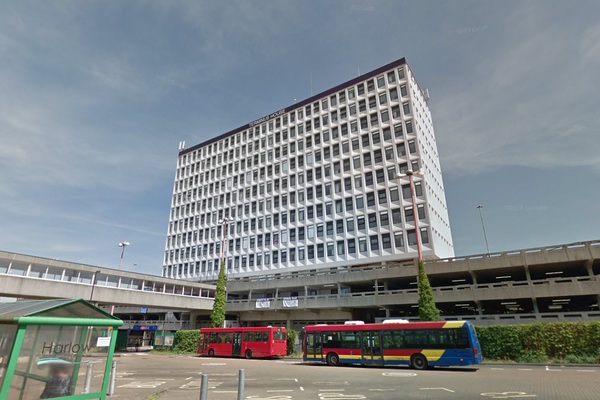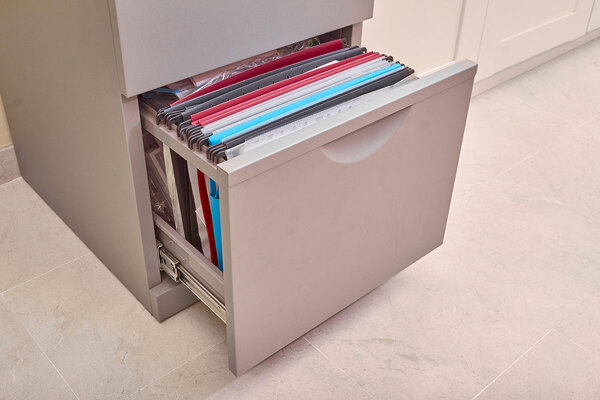You are viewing 1 of your 1 free articles
Almost 100,000 households living in temporary accommodation during first months of pandemic
The number of households living in temporary accommodation soared to almost 100,000 during the first months of the COVID-19 pandemic, newly released government data has shown.
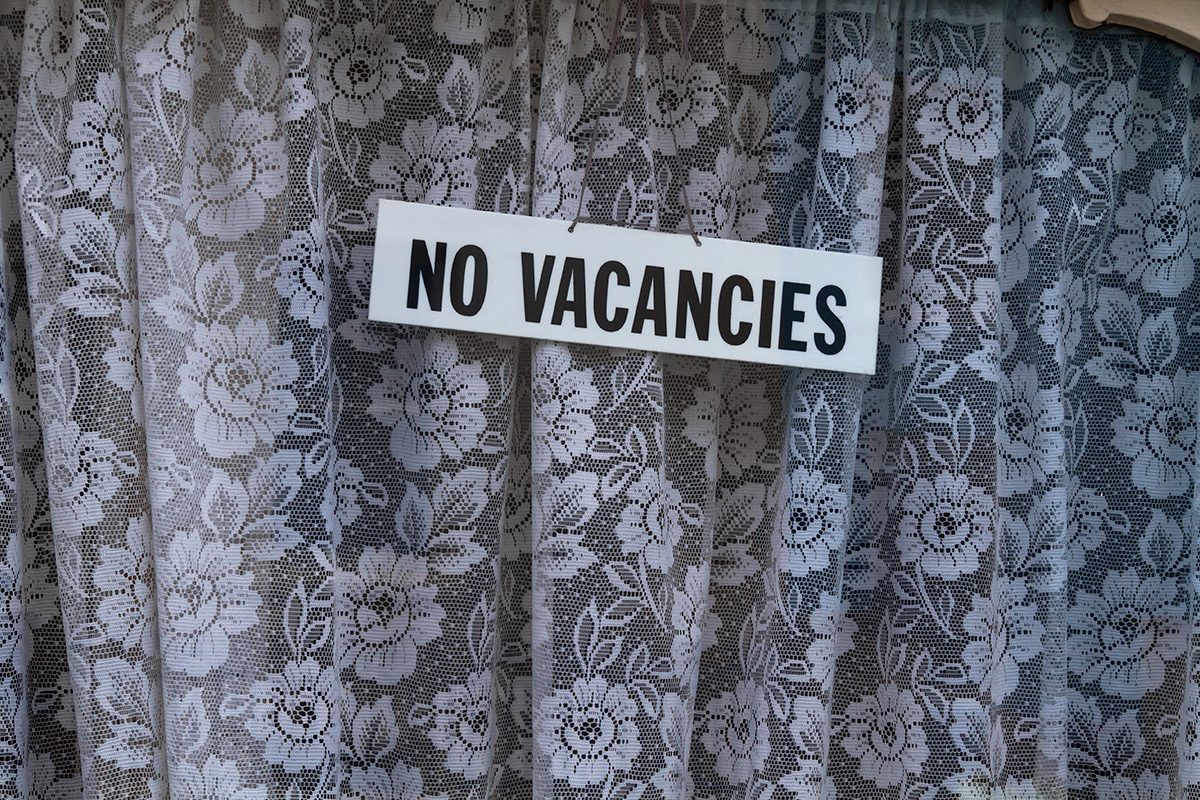
At the end of June, there were 98,300 households living in temporary accommodation in England, up 14% from the 86,240 living in temporary accommodation at the same point in 2019 and the highest level since late 2005.
The increase in temporary accommodation numbers has mostly been driven by a rise in single-adult households, with 28,840 single-adult households living in temporary accommodation at the end of June this year, up 50.8% from the previous year.
Normally, councils only have a duty to find temporary accommodation for households with children or for individuals with a specific support need, for example if they are a survivor of domestic abuse.
However, in March, the government ordered councils to find temporary accommodation for all homeless people in order to allow individuals to safely self-isolate during the pandemic.
The government has said that by September, more than 29,000 rough sleepers or people living in precarious housing had been supported as a result of the scheme.
Today’s data release shows an 11% drop in the number of people being assessed by councils’ homelessness departments during the first months of the pandemic, down from 75,210 between April and June 2019 to 66,670 between April and June 2020.
During this period there was also a 32% drop in the number of people who were assessed as being ‘threatened with homeless’ from 37,600 in the first quarter of 2019/20, compared with 25,520 in the first quarter of 2020/21.
This coincided with a 68% drop in the number of people who were threatened with homelessness after being served a Section 21 no-fault eviction notice, down from 4,990 to 1,560.
In late March, ministers decided to introduce a ban on evictions during the first six months of the coronavirus pandemic.
However, despite the decrease in initial assessments, the total number of households being assessed as homeless and entitled for help grew by 14% from 33,410 between April and June 2019 to 38,040 during the same period this year.
This increase was again driven in part by an increase in single-adult households, in particular single males. Between April and June this year, 21,950 single males were assessed as homeless and entitled for help, a 40% increase from the 15,620 assessed as homeless and entitled to help during the same period in 2019.
Polly Neate, chief executive of Shelter, said: “No one should have to battle homelessness during a global pandemic.
“But this has been the grim reality for increasing numbers of people this year.
“And as local lockdowns continue across the country, many people will be facing this nightmare afresh.”
She added: “If we don’t want the legacy of this pandemic to be one of lasting homelessness, then we need a COVID rescue plan for housing and we need it now.”
Jon Sparkes, chief executive at Crisis, said: “These figures serve as a reminder of how beneficial the measures put in place at the start of the pandemic, such as the ban on evictions and the Everyone In scheme, were in protecting people from the sharp edge of homelessness.
“However these interventions were only temporary, and with the economic impact of the pandemic really beginning to bite, we are starting to see this progress unravel.
“More and more people are struggling to make ends meet as jobs are lost, hours cut and wages reduced.
“As winter approaches and the risk of people being pushed into homelessness increases, government must act now.
“We need to see additional funding for local authorities, so they can prevent homelessness from happening in the first place and support renters who may have fallen into arrears because of the economic pressures of the outbreak.
“We also need to see a longer-term plan to give councils the resources to provide safe and settled housing for people who are homeless and are stuck in temporary accommodation, like B&Bs and hostels.”
A government spokesperson said: “The decisive action we took has protected renters from eviction, supported rough sleepers and other vulnerable people, and helped to keep them safe during the pandemic.
“As we head into the winter we’re providing an unprecedented package of support - over £700 million this year to tackle homelessness and rough sleeping, with thousands of new, safe, longer-term homes for rough sleepers announced today.
“Renters will continue to be protected through winter, including 6-month notice periods, asking bailiffs not to enforce evictions in areas of local lockdown, as well as a pause in bailiff activity over Christmas.”
Sign up for our daily newsletter
Already have an account? Click here to manage your newsletters
